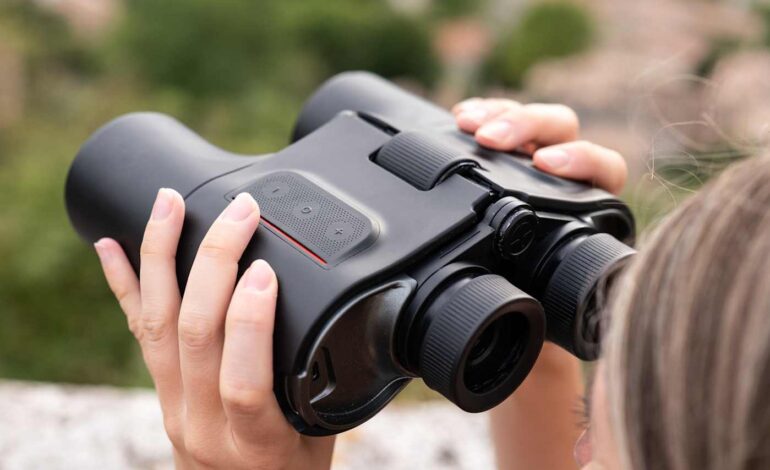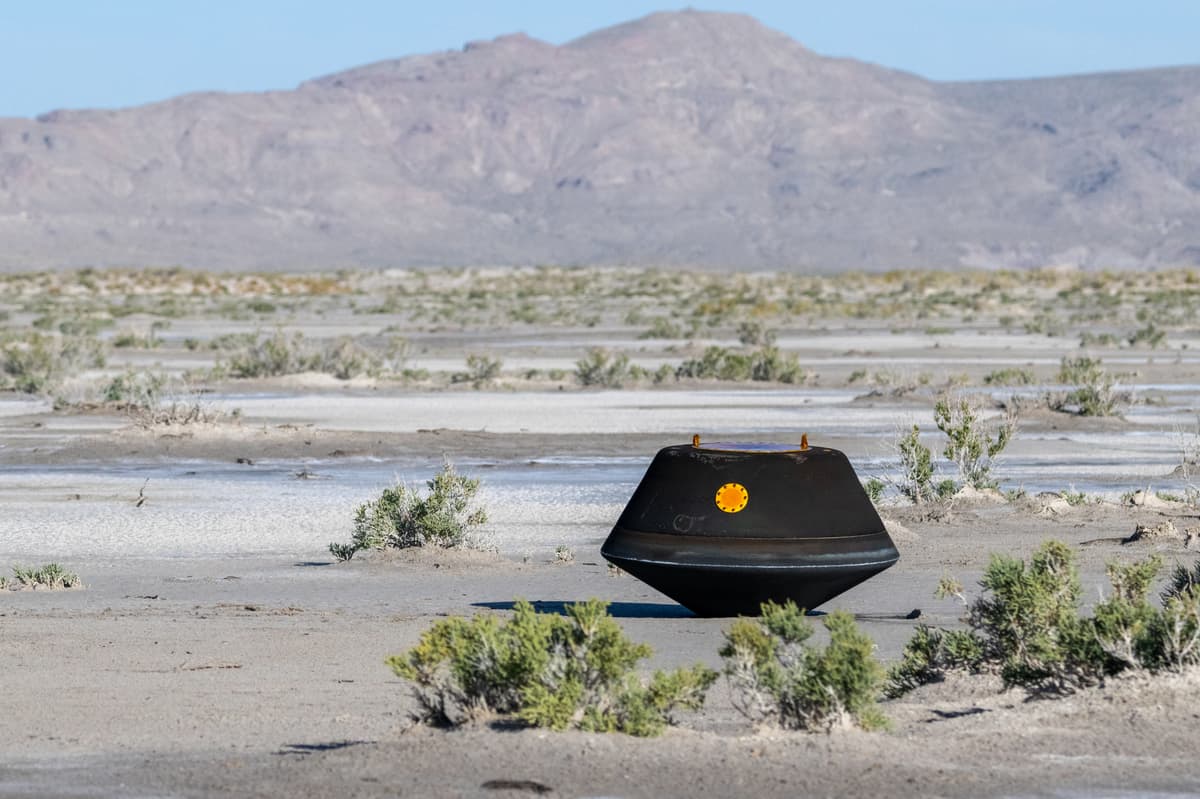Unistellar Launches Smart Binoculars to Identify Mountains and Stars

Unistellar has unveiled its groundbreaking product, the Envision, a pair of smart binoculars capable of identifying mountains and stars. This innovative device, demonstrated at an event near Marseilles, marks a significant leap in binocular technology, blending traditional optics with augmented reality (AR) features. Priced at $999 during pre-orders, the Envision is set to retail for $1,499, with deliveries expected in October 2026.
The Envision stands out in the market, as the only direct competitor, Swarovski‘s smart binoculars, come at three times the price and are designed strictly for wildlife observation. This new product aims to appeal to both astronomers and travelers seeking enhanced viewing experiences.
The concept for the Envision emerged from discussions among Unistellar engineers about the absence of binoculars incorporating AR-like overlays. However, they soon discovered the substantial engineering challenges involved. Integrating all necessary data into an overlay that aligns with the optical view proved complex, particularly in reducing latency to ensure the digital display matched real-time observations.
To overcome these hurdles, Unistellar developed a solution inspired by AR technology. The Envision combines high-quality lenses with a microdisplay that projects contextual information into the user’s field of view. This projection appears in one eye, creating a composite image that the brain interprets as a unified scene. The binoculars utilize data from inertial sensors and a compass, supported by custom software, to ensure accurate positioning and orientation of the digital display.
During testing, the Envision was operated in a prototype form, showcasing many features intended for the final product. For daytime observation, the testing location was the Citadelle de Forcalquier, offering panoramic views of the surrounding mountain ranges. Despite overcast conditions, the device effectively identified peaks up to 30 miles away.
While the Envision is heavier than traditional binoculars, its rubberized coating and durable materials made it comfortable for extended use. Users can adjust the binoculars to their specific vision needs, with features such as diopter adjustments, retractable eyecups for eyeglass wearers, and a focusing wheel.
The AR overlay is activated through a rocker control, displaying monochrome graphics reminiscent of classic arcade games. Users can navigate targets with previous/next buttons, selecting them with a “validate” button. A “target lock” feature allows users to maintain focus on a target, even when passing the binoculars to another person, guiding them with visual arrows.
When the AR mode is activated, the Envision overlays a red outline of the terrain, providing names, elevations, and distances of visible mountains. Although initial latency was manageable, quick movements sometimes caused the overlay to lag. Unistellar indicated that these issues would be refined in the final version.
Currently, the Envision only identifies mountain peaks and ranges, but future updates aim to expand its capabilities to include features like water springs, shelters, and hiking paths. A companion app will facilitate these updates, allowing users to access geographical databases and guided tours.
In nighttime testing, the Envision proved transformative for stargazing. With the AR view activated, users could see the names of constellations and individual stars, enhancing the overall experience. The final product is expected to include additional features, such as identification of nebulae, galaxies, and even human-made objects like the International Space Station.
While the Envision holds great potential as an educational tool, it does have some limitations. Users with existing vision difficulties may find the AR display challenging to read. Additionally, the lack of a built-in camera for sharing experiences on social media is a notable drawback. Currently, the only method to capture images involves using a smartphone, requiring the binoculars to be secured to a tripod.
Despite these challenges, Unistellar’s initial foray into smart binoculars appears to be a success, merging traditional optics with modern technological advancements. As the company prepares for pre-orders, enthusiasts are eager to see how this innovative device evolves in the coming years. The Envision represents a significant step forward, promising to enhance our understanding of both the natural world and the cosmos.






